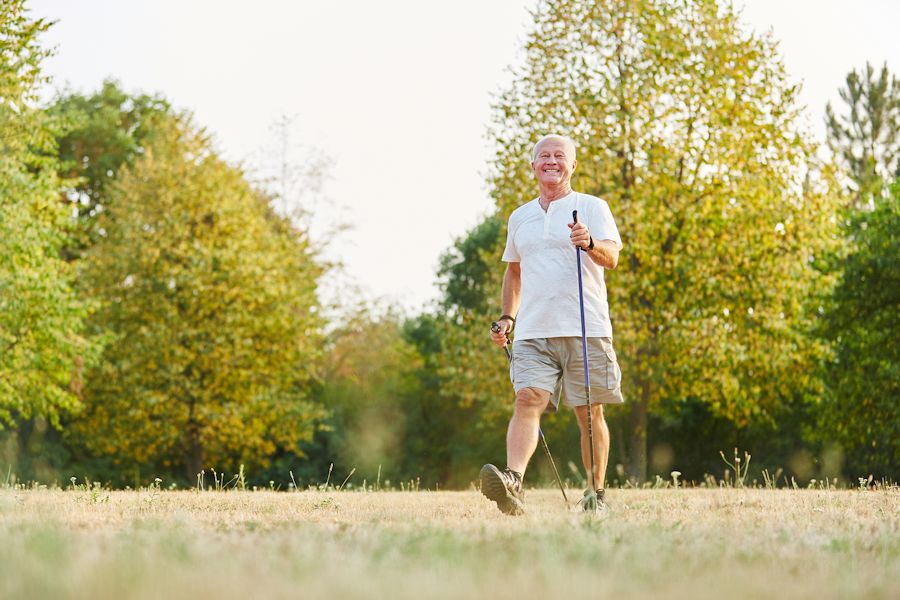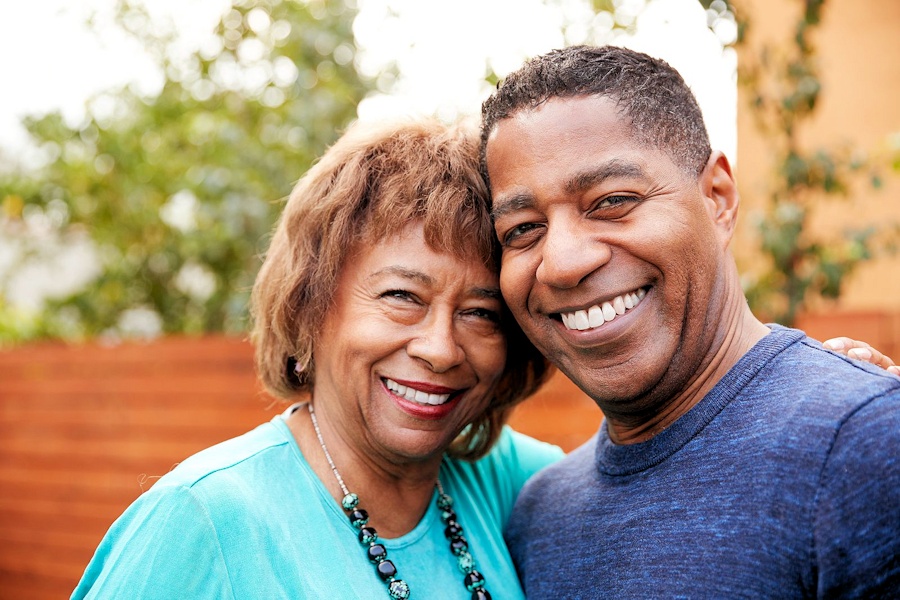
Posture and Aging
Posture is one of those things that tend to change as people get older. Few of us stand as straight or sit as tall in our seasoned years as we did in our youth. But poor posture isn’t just about slouching or stooping over. Poor posture can stop people from experiencing an active lifestyle in their later years.
Posture changes happen gradually over a lifetime, and the degree of change varies from person to person. Why does posture change as we age? There are a few reasons. One reason is that age can wear down the discs in the spine, which causes them to compress. When discs compress, the back starts to tilt forward.
Aging also affects other bones in the body as well as the joints and muscles. The ways in which people try to adjust to changes in posture may also affect the alignment of the body… sometimes actually making things worse instead of better. It’s very easy, and common, to overcompensate for a problem, only to cause another problem.
The various injuries, traumas, health problems, and other issues we deal with throughout life impact our posture later in life as well. A bone fracture or injury can affect posture down the line and so can loss of muscle strength, weight gain, and other body changes that happen as a person transitions through life.
Keep in mind that perfect posture is not necessarily a reasonable goal for every person. Posture depends upon many factors like weight, height, and body type. A more realistic objective would be to work toward achieving posture that’s best and most appropriate for you and your unique body.
The good news is there are simple things we can do to minimize, improve, delay, or even avoid posture issues. Here are just a few.
Tips for Maintaining Good Posture
- Be attentive. Body awareness is helpful when it comes to improving posture. Think about how you hold your body. Stand and walk straight and tall. Stand with your head held high, shoulders back, knees straight, stomach muscles tight, buttocks tucked in. Keep your head pointed straight ahead and tuck in your chin. Your ears should be over the middle of your shoulders.
- Strengthen your core. Our abdomen muscles are especially important to keeping the spine strong and supporting body alignment and posture. Stretching, walking, weight bearing, and resistance exercises can help strengthen the body’s core. Speak with your doctor about the best ways for you to improve your core strength.
- Don’t slouch. Spending significant amounts of time in a slouched or stooped position can have a negative impact on posture. Actively think about sitting up straight while doing common activities – like watching television, reading, writing, etc.
- Consult a professional. If you are concerned about your posture, contact your doctor for recommendations. He or she may have suggestions or recommend that you see a physical therapist


Age Adds Flavor
We are not old, we are seasoned!
Don’t forget to visit us on FACEBOOK!
